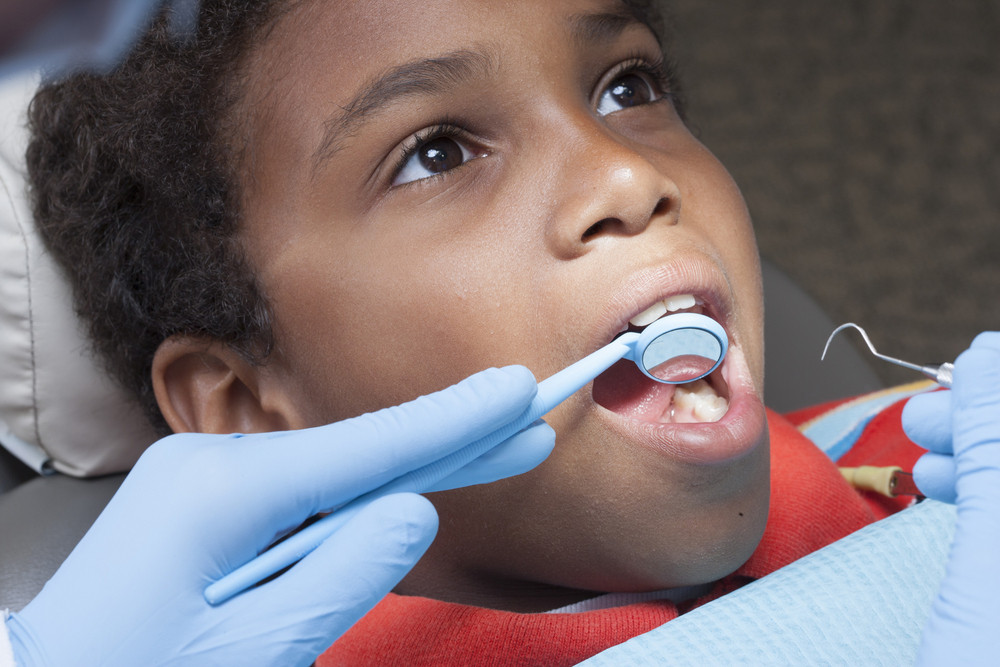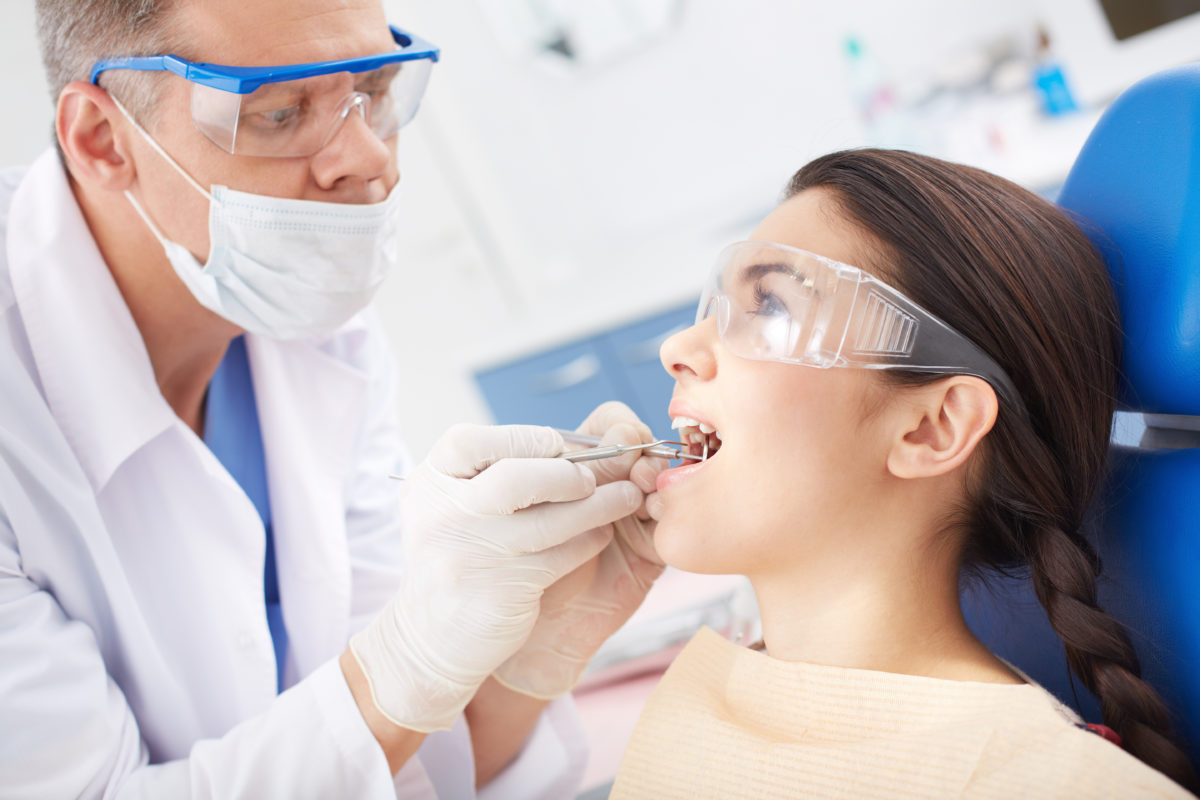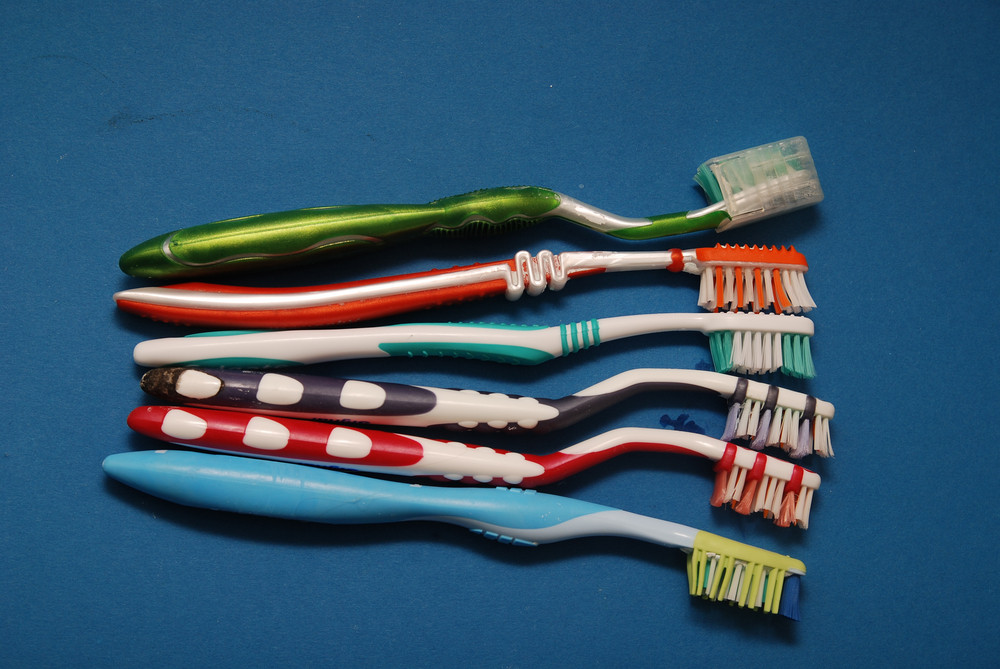The standard advice is that you should visit your dentist at least once a year. You’re also encouraged to pay your dentist a visit if you think there’s something wrong with your dental health. The truth is, there are many scenarios where visiting a dentist is a great idea. Our Top Four Reasons To Visit … Continue reading 4 Reasons to Visit Your Dentist
According to the CDC, the top three oral conditions that commonly affect overall health and the quality of life are severe gum disease, cavities, and severe tooth loss. In this article, we look at these conditions in more detail to help you understand them better. 1. Cavities Tooth cavities are one of the most common … Continue reading 3 Oral Conditions to Be Aware of
Dental care is one of the most important aspects of our personal health. The mouth and teeth are a window into what’s happening in your body. If you ignore dental problems, they can lead to serious medical complications. This article will explore six reasons why you should never overlook your dental care. 1. Dental Care … Continue reading 6 Reasons Not to Overlook Your Dental Care
According to the CDC, almost half of the adults aged 30 years and older have some form of gum and tooth disease. This alone should be enough to get you to your family dentist. Throughout the year, a dentist visit is something that people usually try to put off, saying they’ll get to it eventually. … Continue reading Why You Should Regularly Visit the Dentist
According to the CDC, nearly one-quarter of adults 65 years and older have less than nine teeth. The good news is you can avoid losing your teeth in your golden age by taking care of your teeth while you’re still young. Part of that includes visiting your dentist at least twice a year. Here are … Continue reading Steps for Improving Your Dental Health




